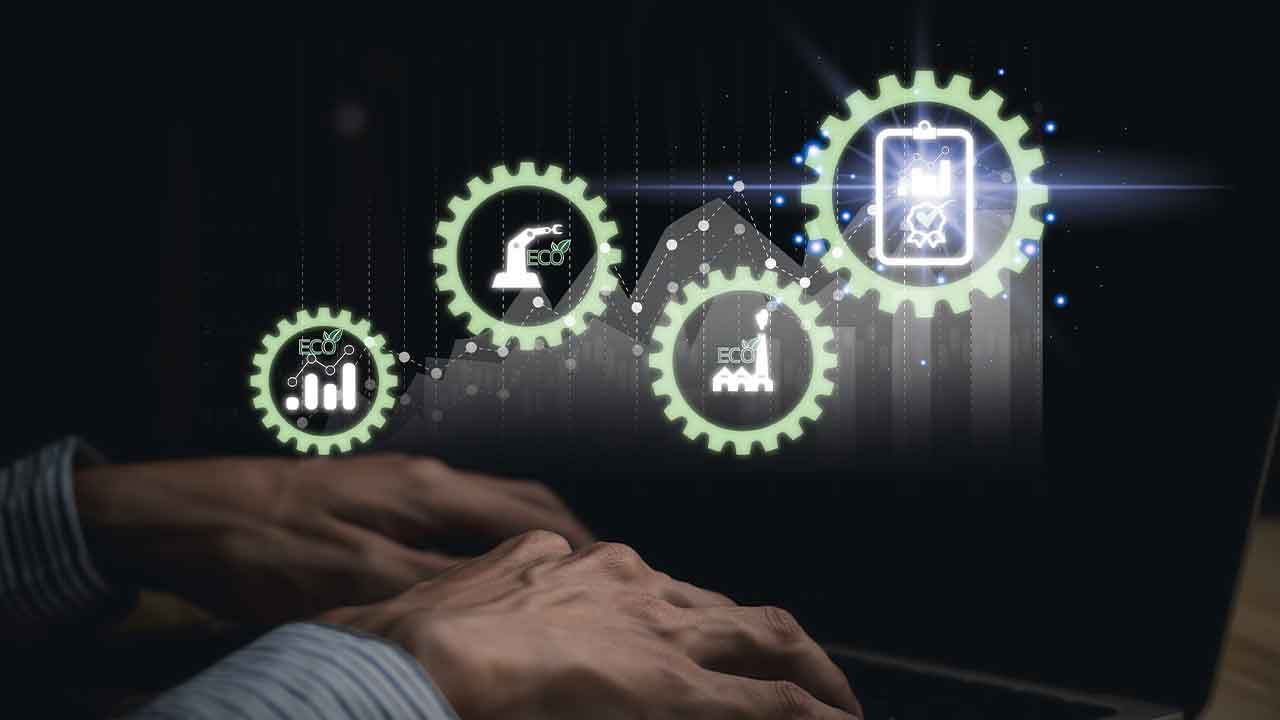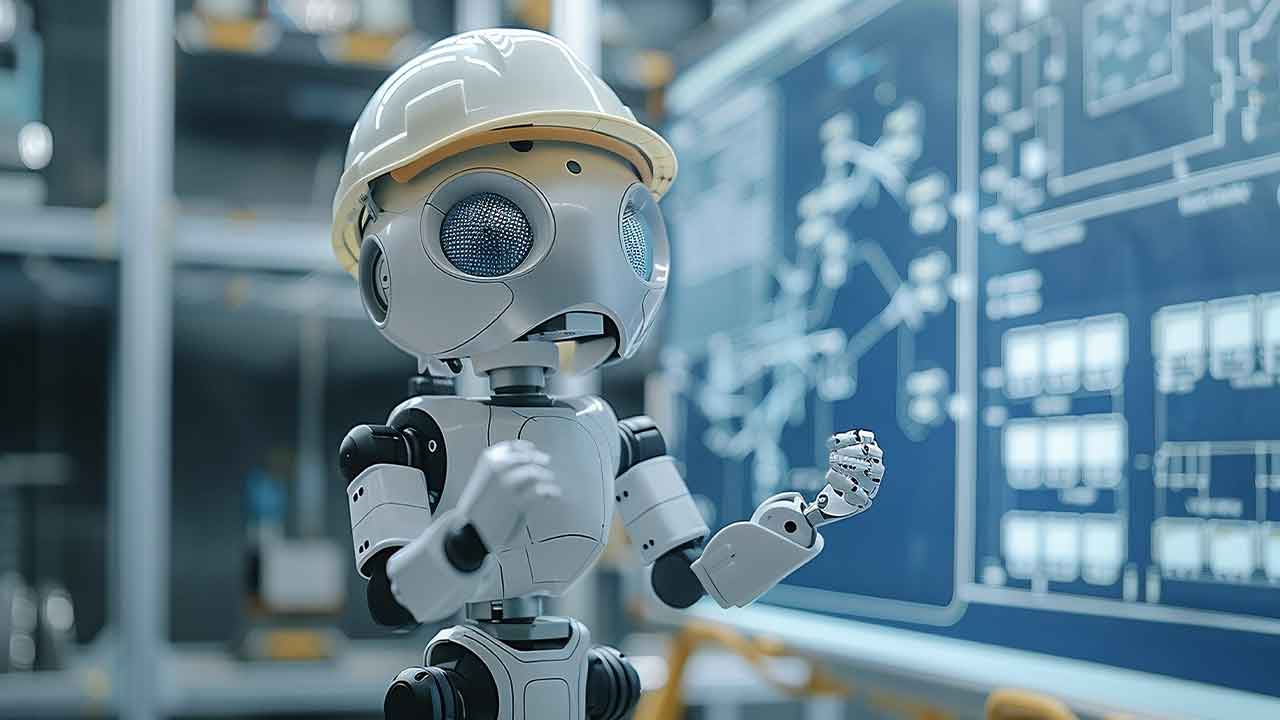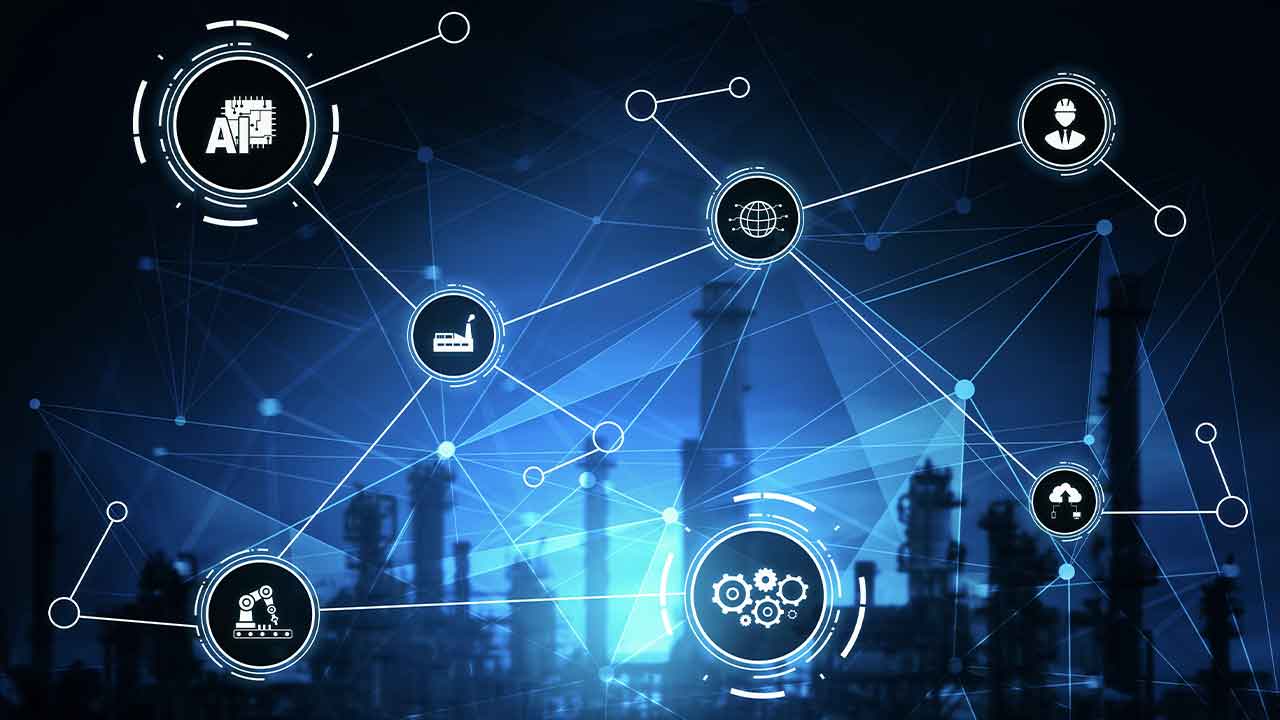Why Software-Defined Automation Is the Key to Industrial Progress | SPONSORED
As the conversation shifts from Industry 4.0 to 5.0, one problem remains unsolved: most industrial environments are running on legacy infrastructure. Machines last decades. Control systems are often 30 years old. But the demands placed on manufacturing—greater flexibility, lower emissions, workforce shortages—are growing quickly.
The question isn’t whether the technology exists. It’s how to implement change without disruption. That’s where software-defined automation comes in.
Separating Software from Hardware Is a Game Changer
Today, most automation is still hardware-bound. Software-defined automation removes that constraint, allowing updates, upgrades, and changes without replacing physical systems. It introduces flexibility into environments that weren’t built for rapid change.
Crucially, this allows companies to upgrade in stages. You don’t need a full system overhaul. You can start by shifting basic control logic to the edge, integrate with existing devices, and gradually extend the architecture.
This approach not only reduces risk—it makes digital transformation manageable.
Why Open Architectures Matter
The shift to open, software-defined automation isn’t theoretical. End users are starting to demand it. And it’s not just about being “open” for the sake of openness. Proprietary systems slow down innovation. Open systems create options—making it possible to move faster, integrate new technologies, and avoid being locked into one vendor’s roadmap.
This is especially critical when the business environment changes faster than the equipment can.
A Focus on Value, Not Just Technology
The last decade has made automation feel like a sunk cost—something companies had to have, but didn’t always create new value. That mindset is changing.
Productivity has been flat. Sustainability targets are tightening. Aging workforces are leaving knowledge gaps behind. And companies are starting to re-evaluate automation not just as a support function, but as a driver of efficiency, adaptability, and long-term competitiveness.
Listening to those new pain points—disrupted supply chains, labor shortages, climate pressure—makes it clear that the next wave of automation needs to do more than run machines. It needs to deliver business outcomes.
Industries Taking the Lead
Automotive, consumer goods, chemicals, and water utilities are already exploring software-defined architectures. In some cases, they’re starting from scratch in emerging markets. In others, they’re layering new capabilities onto old systems.
But the common factor is the same: the need for faster, more flexible, and more connected operations.
Younger generations entering the industrial workforce also bring different expectations. They’ve grown up with digital tools, cloud environments, and open ecosystems. Software-defined automation aligns with how they already think and work.
What Needs to Change
For software-defined automation to scale, the industry needs to do one thing better: prove value.
That means tying automation directly to business outcomes—avoided downtime, faster commissioning, reduced emissions, easier updates. That also means listening more carefully to the real problems end users are facing today—not selling them the same tools with a new name.
Final Takeaway
Legacy equipment isn’t going away. But manufacturers don’t need to wait for a blank slate to make progress.
Software-defined, open automation makes it possible to modernize incrementally, reduce risk, and respond faster to change. It shifts the focus from maintaining control systems to building adaptable operations—without starting from zero.
It’s not a revolution. It’s just a better way to move forward.
This article was written based on the interview with Fabrice Jadot, SVP, Automation for Sustainability Incubator, Schneider Electric, during Hannover Messe 2025.
Sponsored by Schneider Electric
About the author
Lucian Fogoros is the Co-founder of IIoT World
Related articles:



